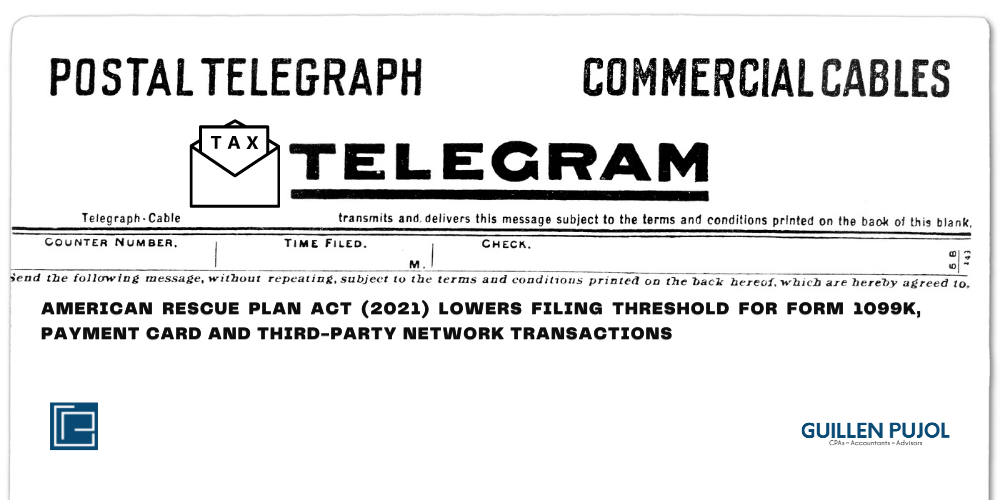FinCEN Updates: Understanding the Mandatory Beneficial Ownership Information (BOI) Report for Businesses
The Corporate Transparency Act becomes effective starting January 1, 2024. The new law requires millions of companies to file a Beneficial Ownership Information (BOI) Report.
Failure to comply with BOI regulations can result in daily fines of up to $500 and imprisonment.





